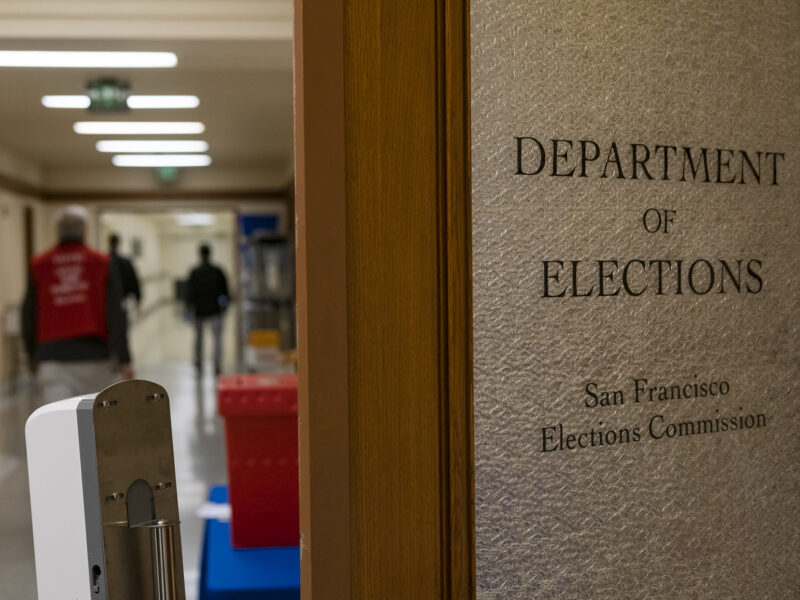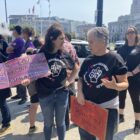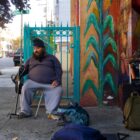This election guide offers a nonpartisan analysis of the San Francisco ballot for the March 5, 2024, election. This guide features audio and text summaries of local ballot measures, candidate bios and their responses to our questions.
We are collaborating with KALW this election season. You’ll hear audio segments from our “Civic” team on our own KSFP 102.5 FM and on KALW 91.7 FM. You’ll see ballot summaries from our election guide on KALW.org.














